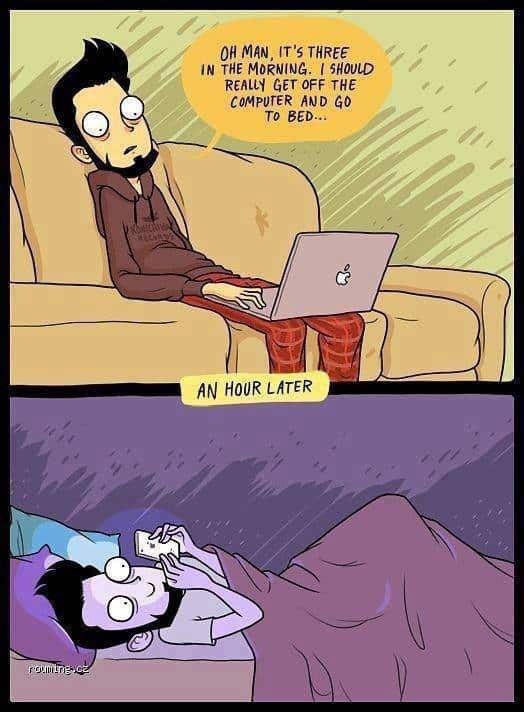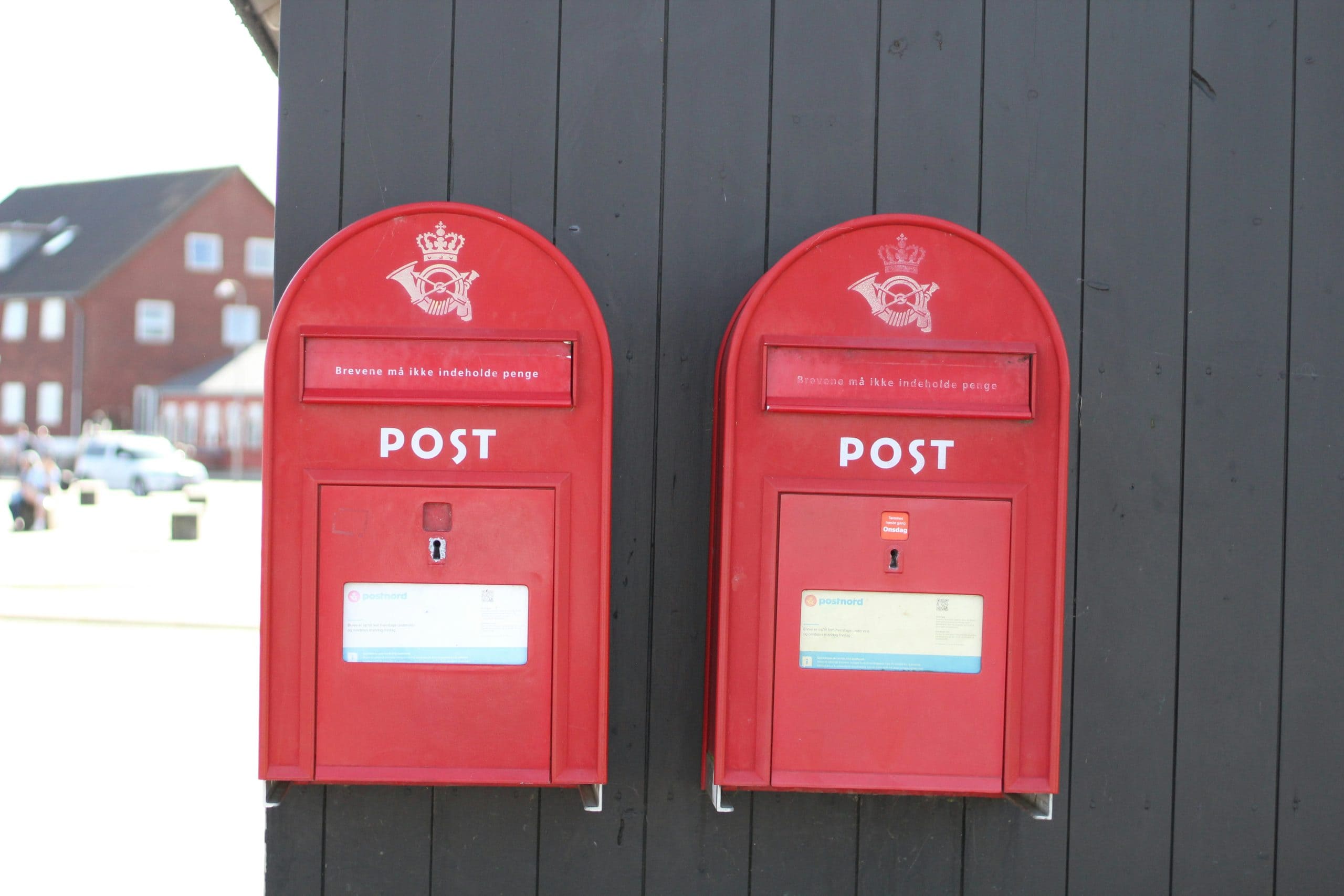
Note: This is a guest post written by Andrew Tipp
We’re living in some kind of sleep recession. And technology is partly to blame. We have a whole world of gadgets and tech toys to distract and stimulate us – which stops us getting to sleep.
It didn’t used to be this way. Even as recently as ten years ago the only way technology really kept us awake in the bedroom was a late-night gaming or film-watching session. The only thing our phones could do to stop us sleeping was the occasional text or phone call at unsocial hours.
But now everything has changed. Smartphones, tablets and smaller laptop devices like Netbooks and Chromebooks have meant that we have never had more distractions. And because everything is connected to the web, it’s even harder to switch off, and power down not only your device but your brain.
This lack of sleep is definitely bad for us. Here are the top ways tech is keeping us awake, and how we can switch off.
Social media
Online networking has transformed our bed-going behaviour. Facebooking and tweeting can be a great way to stay in touch with friends and engaged in modern culture, but the problem is that there’s always a conversation happening somewhere that you want to get involved in. There’s always someone sharing something amazing that you want to read.

The strange thing about social media is that when you away from it for an extended period of time, you don’t miss it. But when you know interaction and reward (in the form of Liking and commenting) is just a button-press away, it’s hard to draw a line and call it a night.
Games
PlayStations and Xboxes have been around for ages, of course, but smartphone and tablet games have introduced a whole new paradigm of in-bed game playing. We know that a world of stimulating and compelling games – many of them free – are just a few clicks away on.
Developers have grown increasingly shrewd about the utilisation of game dynamics to hook us and make their games un-put-downable – Zynga even has a mechanics ‘playbook’. The ‘worst’ games are probably the ones without clear levels. Games like Minecraft and Football Manager are designed so you could play them all night. And many people do.
An added dimension in the world of the connected web is playing against someone else. Playing any kind of board, drawing or card game over the internet with someone means you can become a little obsessed by thinking about their next move.
e-books
Reading a paperback can keep you up. Just one more chapter, right? But devices like the Kindle and Kobo can store thousands of books, meaning that as soon as you finish one you can crack straight on with the next one.
There’s the added issue that if you lose interest in one novel, you can delve right into another one. Which is dangerous, as there’s never the thing of closing the finished book and having nothing else to read.
News stories
In the same way that social media never sleeps, the 24-hour news cycle is a constant source of distraction. There’s always a story happening, somewhere. And you can follow it all in bed.
And if something dramatic is breaking, bang goes your early night. It’s never been easier to follow breaking news, and with constant updates and the slow release of facts it can be tricky to put down your devices and catch up with the story the next day.
The worst sites are probably ones like BuzzFeed and reddit that offer a consistent flow of entertaining, shareable and disposable content. There’s always another gif, meme or list-based article to check out.
Music

Streaming services like Spotify and Last.fm have opened a gateway to a world where anyone can credibly pass themselves off as a muso. People used to spend serious amounts of time assembling an old band’s back catalogue; nowadays you can browse their songs in one session without going anywhere.
And this is great, but it means that while you would previously need to accept music rationing in a discovery phase due to the logistic and monetary constraints, now you can binge on multi-album sessions all night for a fraction of the cost.
People have become curators, too. iTunes and Spotify allows you to compile your own playlists, and apps have come out that encourage you to create your own top ten collections for any genre or artist.
The never-ending journey
Perhaps the common theme in all of this is the sense of the never-ending journey that the web offers. Very few things are experienced in isolation, and it’s those constant links to more stuff that makes it so tough to stop. Spotify is probably a good example. Within the app there’s a lifetime of content to be discovered, ways to interact in the form of playlists and following friends and musicians, then you can share everything socially.
Social media, games, news… there’s always a link to take you somewhere interesting. The journey never stops. Unless you’re strong and make it stop.
Notifications
And as if this all wasn’t enough, every app you ever download wants to notify you every time anything happens that might be relevant to you!
—
So what’s the answer to all this? How can you get more sleep? Well, the first thing to do is to switch off the devices. You could create a time cut-off or home zone where electronic devices aren’t allowed. If you find yourself binging on late-night tech because you can’t sleep, take a look at your stress levels and even the type of mattress you sleep on – this really can affect you.
Whether you’ve got insomnia, are obsessed by a new game or are just uncomfortable, staying up late using tech isn’t going to help you in the long run. Tech is awesome, but it’s a powerful thing. And with great power comes great responsibility.
So look after yourself. Get more sleep. Apps like Sleep Cycle can help you track and manage your sleeping patterns, so it’s worth looking into these.
About the author
Note: This guest post was written by Andrew Tipp, who is a writer, blogger and editor working in digital publishing. He blogs about tech and pop culture for The Huffington Post, and is interested in web trends and how gadgets are affecting our lives. He loses way too much sleep using tech, usually playing football or zombie games.






